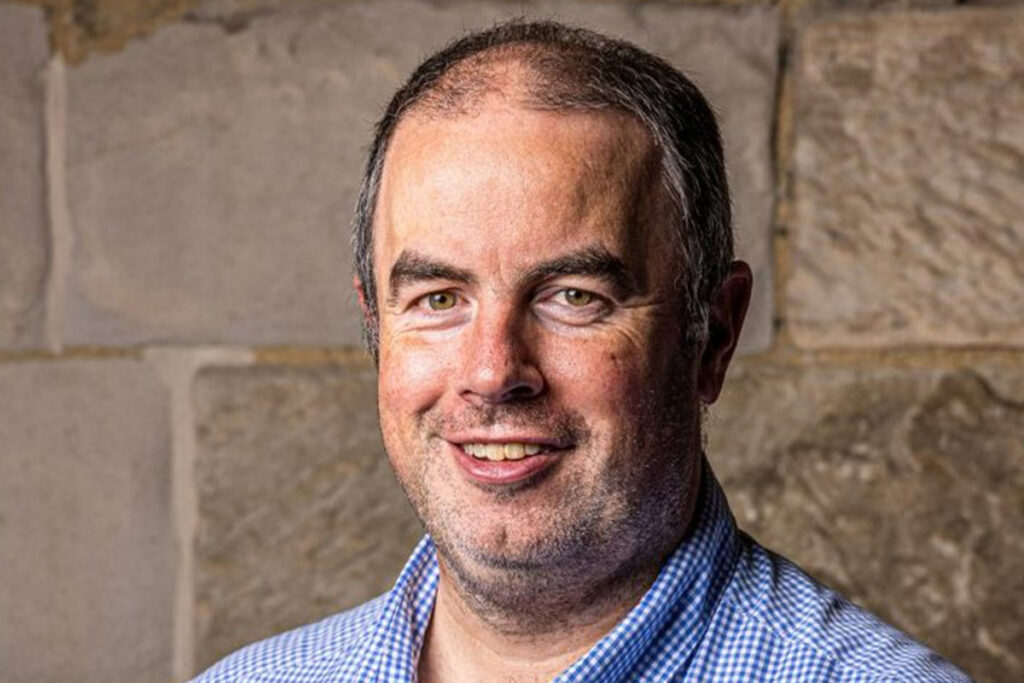Share
Dr David Connor, a grant recipient and Post-Doctoral Research Scientist at the Blood, Stem Cell, and Cancer Research Unit at the St Vincent’s Centre for Applied Medical Research is collaborating with his accomplished team, comprising Dr Joanne Joseph and Dr David Capraro. Together, they are investigating how platelets and aspirin impact colorectal cancer. Platelets are tiny blood cells that help with blood clotting, and aspirin is a blood-thinning drug known to reduce the risk of colorectal cancer.
The project, supported by St Vincent’s Clinic Research Foundation, aims to understand how platelets, critical contributors to hemostasis, are integral to blood clotting, and aspirin, a well-known antithrombotic agent, not only inhibits platelet function but also demonstrates a noteworthy reduction in colorectal cancer risk. Platelets release various bioactive molecules and vesicles containing genetic material, potentially influencing cancer growth. The study seeks to understand the intricate dynamics involving platelets, vesicles, and aspirin concerning colorectal cancer cells.
Currently, adults aged 50 to 59 are advised to take low-dose daily aspirin for preventing cardiovascular disease and colorectal cancer, based on trials from the past two decades. However, the exact way aspirin reduces cancer risk isn’t fully understood, leading to conflicting trial results. Dr Connor suggests that aspirin’s impact on platelets may play a crucial role.
Lab studies on the role of platelets in cancer prevention could shed light on aspirin’s effects and form the basis for recommendations until more long-term trials clarify its potential. While daily aspirin may offer benefits in reducing colorectal cancer risk, it’s crucial to consider potential side effects, such as bleeding, especially since the benefits may take time to become evident. Dr Connor’s study aims to contribute valuable insights into whether aspirin could be a beneficial tool in preventing cancer.
To help fund research taking place on the St Vincent’s Darlinghurst Health Innovation Precinct, please click here to donate now.

St Vincent’s Clinic Research Foundation acknowledges the Gadigal and Bidjigal peoples of the Eora Nation as the Traditional Custodians of the land on which we stand, and we pay our respects to Elders past, present, and emerging.